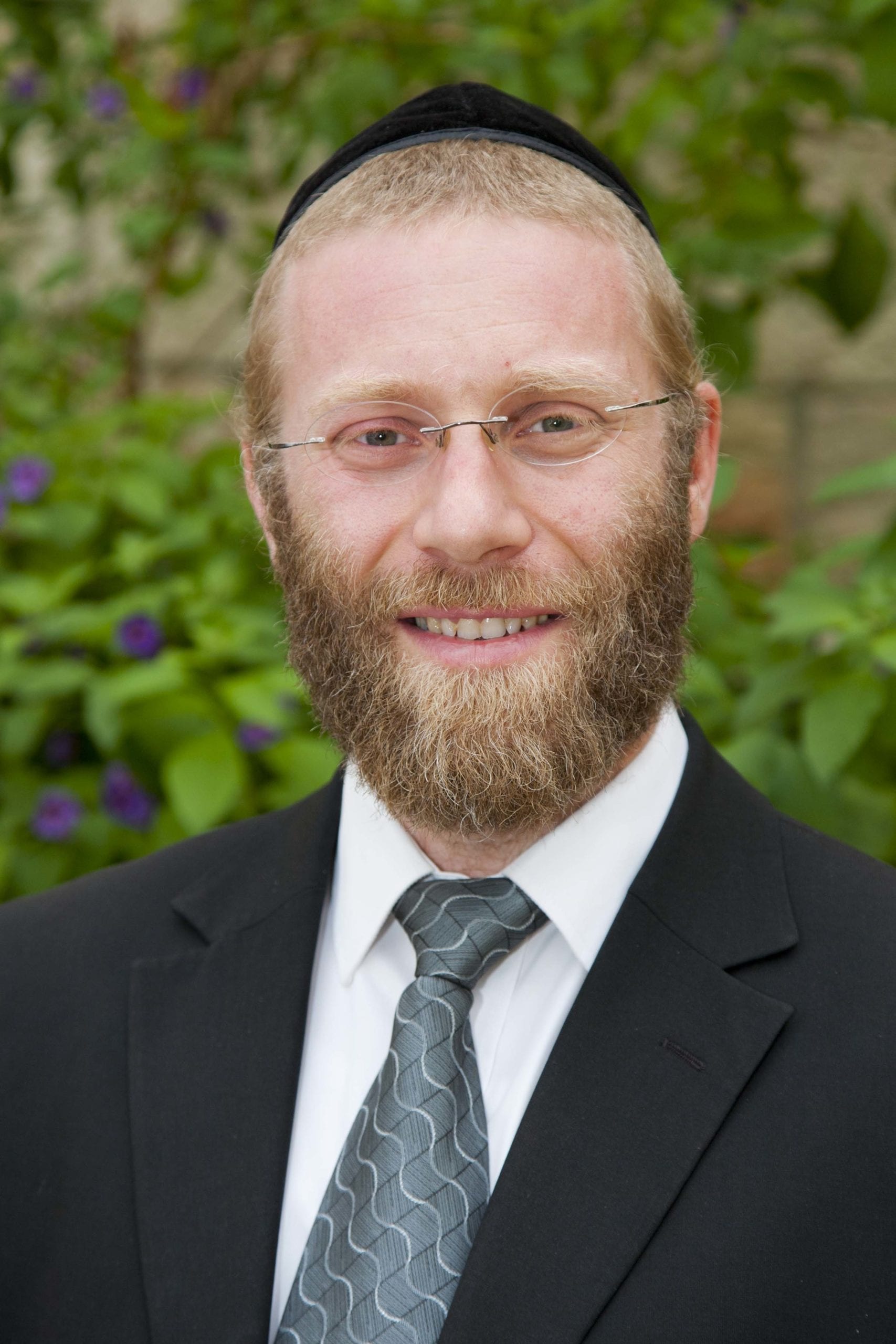
In this week’s parashah we encounter another tragic incident during the journey phase of the Jewish People in the wilderness. Korach the Levite and his followers, two hundred and fifty dignitaries from the neighbouring tribes, were casting aspersions as to the fact that the priestly duties were heavenly-allocated. The argument was not settled until the authenticity of Moshe Rabbenu’s and Aharon Hakohen’s divinely-assigned roles was miraculously verified. This happened when the main perpetrators of the dispute, along with their families and belongings, were swallowed alive as the ground opened up and they descended to purgatory alive. The two hundred and fifty dignitaries, who challenged Moshe by bringing ketoret- incense, also died instantaneously, as a clear sign to all that Moshe and Aharon had not just taken these positions on their own accord.
How did Korach manage to convince others to join his rebellion against Moshe Rabbenu, risking their lives for it, if they knew that the position of kohen gadol could only be occupied by one person?
Our Sages tell us that Korach managed to rally his neighbours to his cause, since those closer in proximity to a person are more easily influenced by him. Even without consciously joining or including oneself in one’s neighbour’s activities, a person is automatically affected, either positively or negatively. Just as one who walks into a perfume shop, or on the other extreme, a leather tannery is automatically affected. The scent attaches itself to the person even without him having any physical contact with the objects that emit a smell. So it is with the actions and opinions of those in one’s environment, and even their way of talking. Until today, I still have a Mancunian accent even though I have been living in Israel for twenty-five years. It is so ingrained in me, that unless I make a conscious effort to change it, it will remain so.
Additionally, a person will be influenced by his surroundings and society, since he wants to be socially accepted by them. He does not want to feel different or stick out “like a sore thumb,” but rather, he wants to be popular and well-liked in his locality.
For these reasons, a person must be very particular when choosing where to live, to see who the neighbours are, where he will pray, what sort of educational system is available for his children, and what type of friends they will have. All these factors are highly influential on a person, whether he/she is aware of it or not.
Similarly, when choosing a friend, we must consider if they are going to be a positive influence on us or not. A person who agrees to everything that we do or say is not necessarily the best match for us. A person who is willing to correct us when seeing a fault, or when they see us entering a dangerous situation, is a much better option.
Let us act responsibly by putting ourselves and our families in positive surroundings. Additionally, let us be a positive environment for those who come into contact with us.
Shabbat shalom







